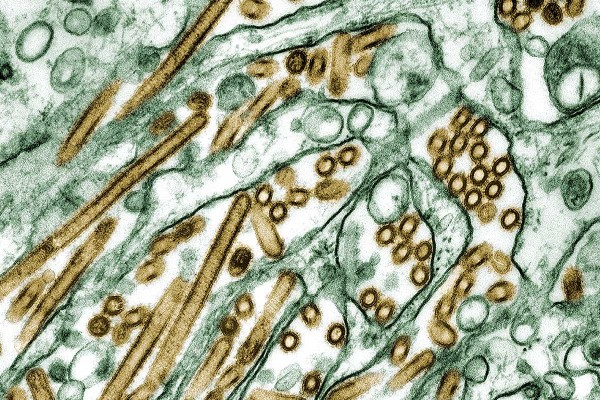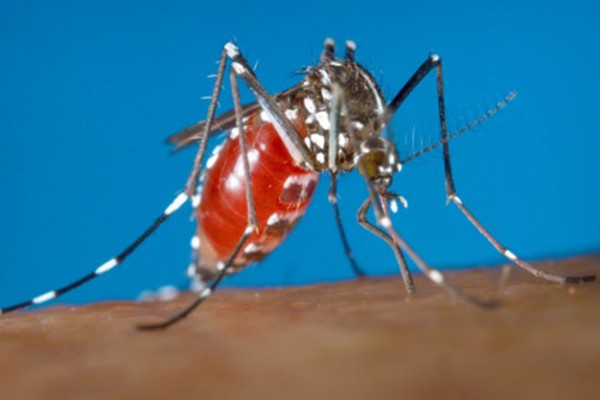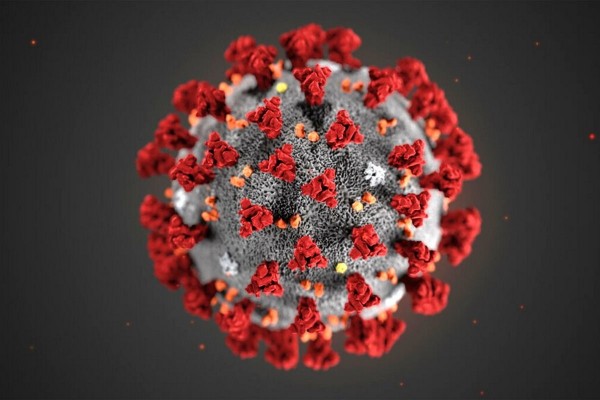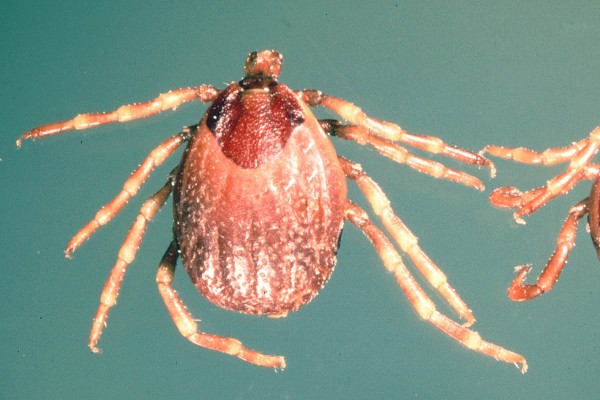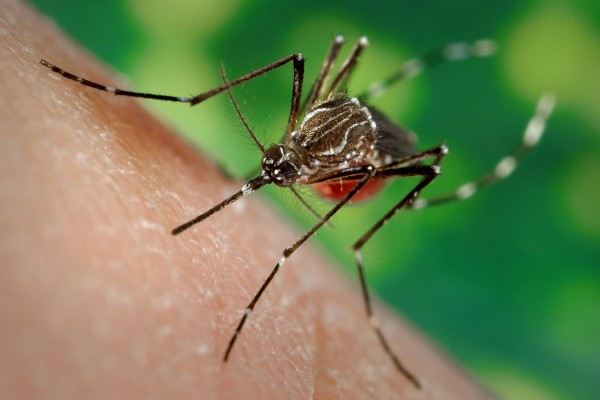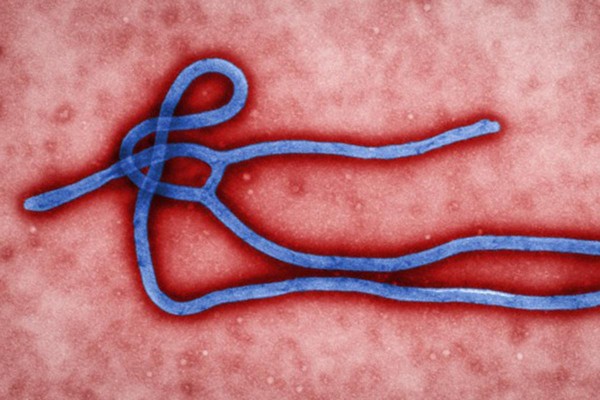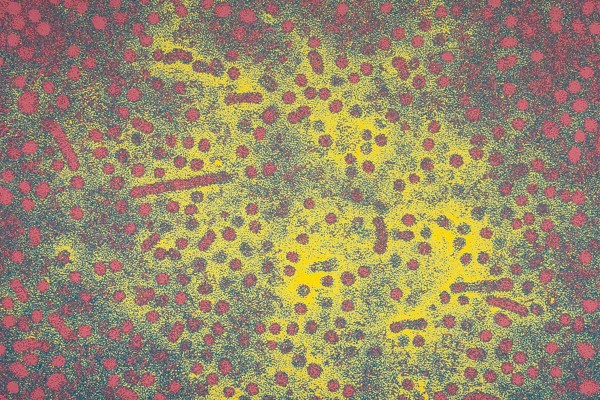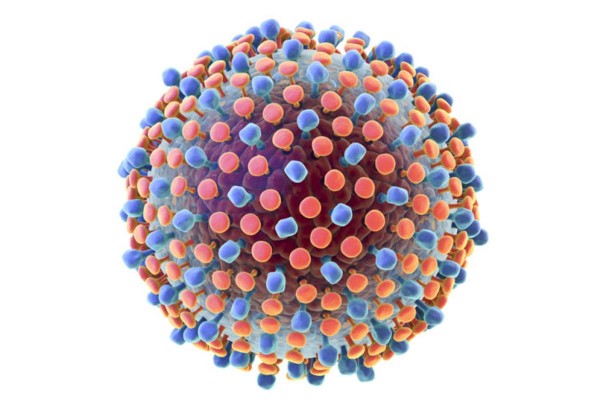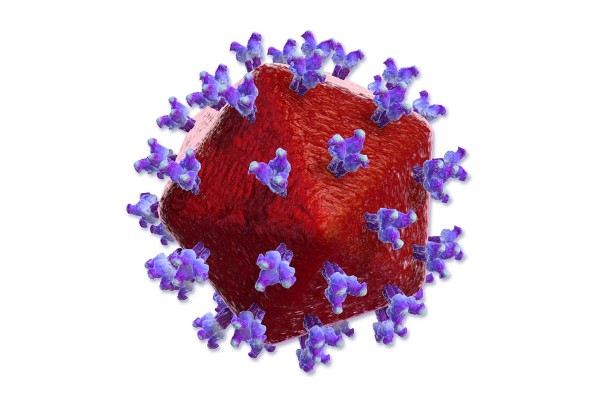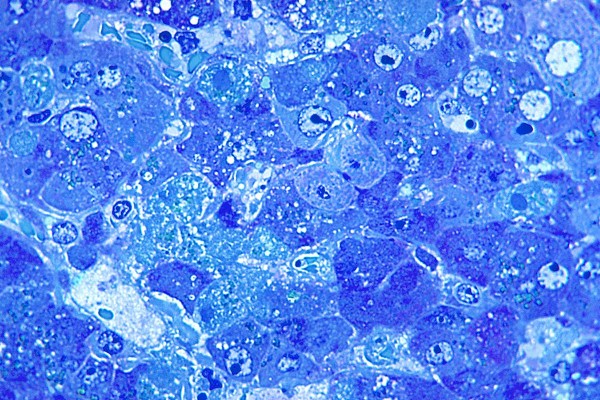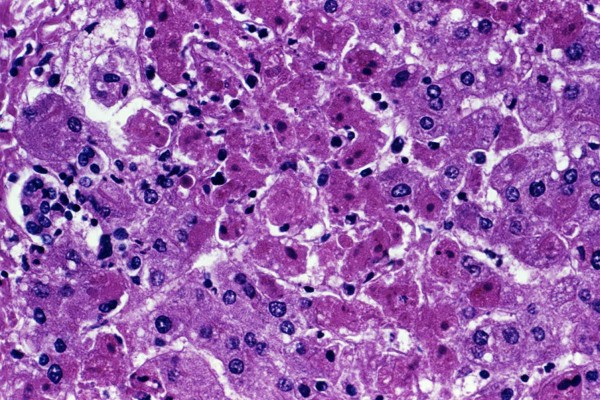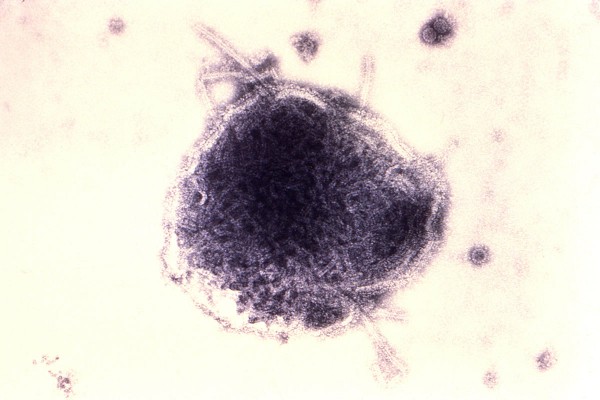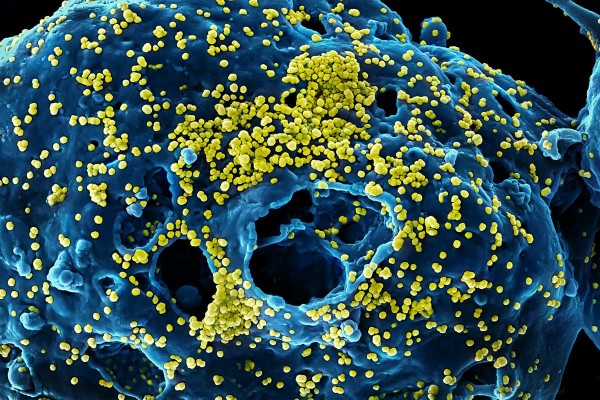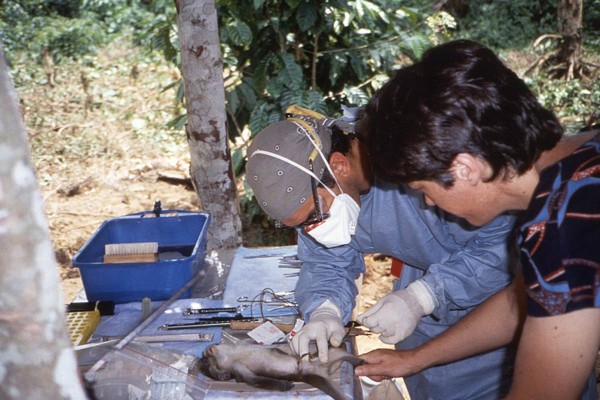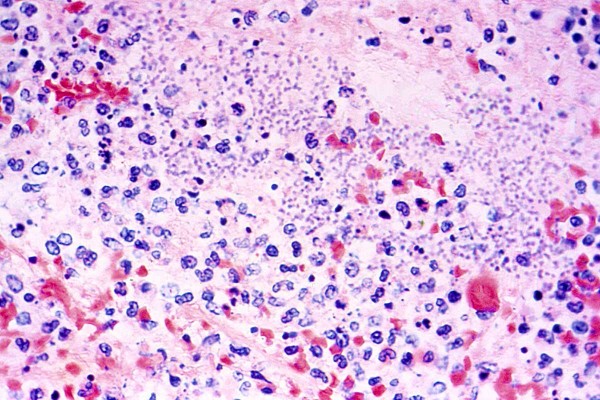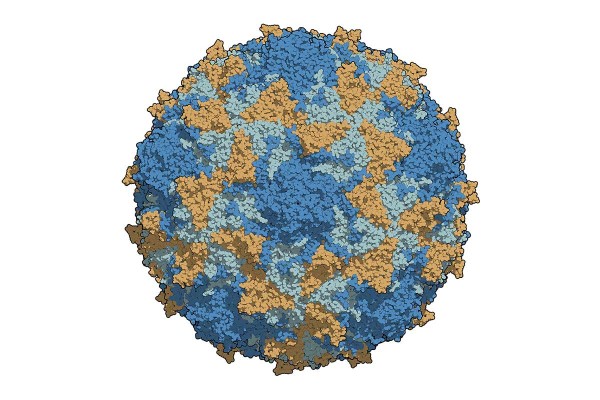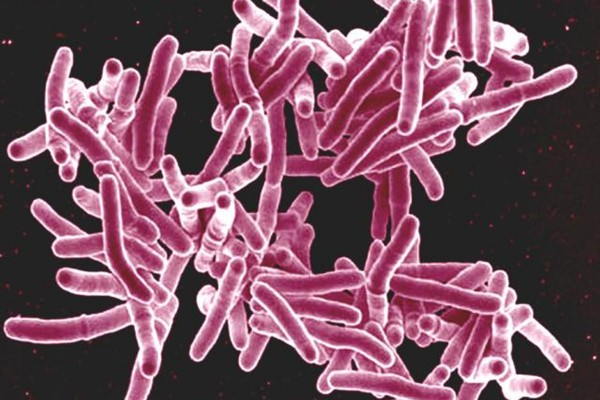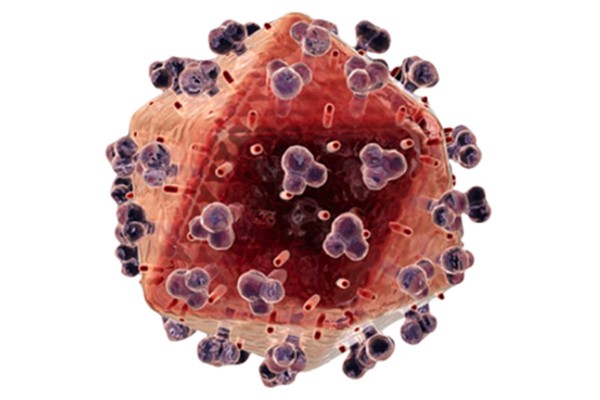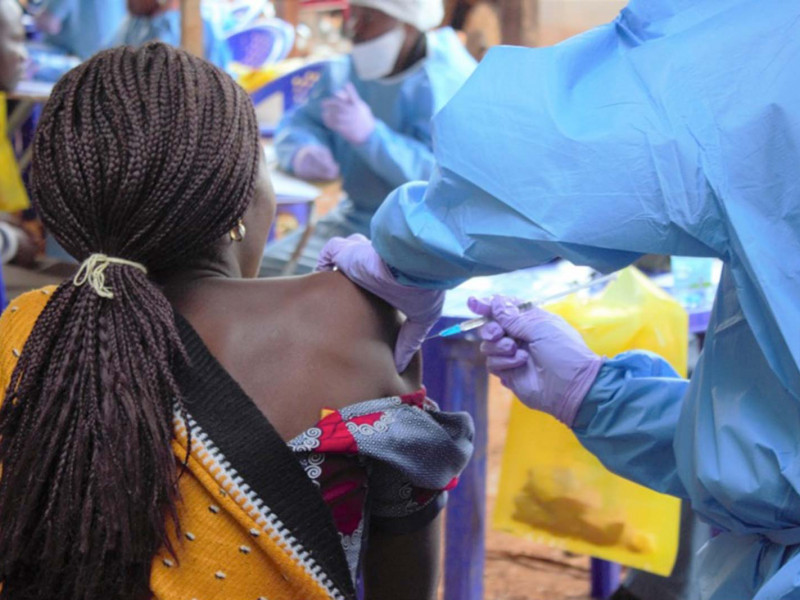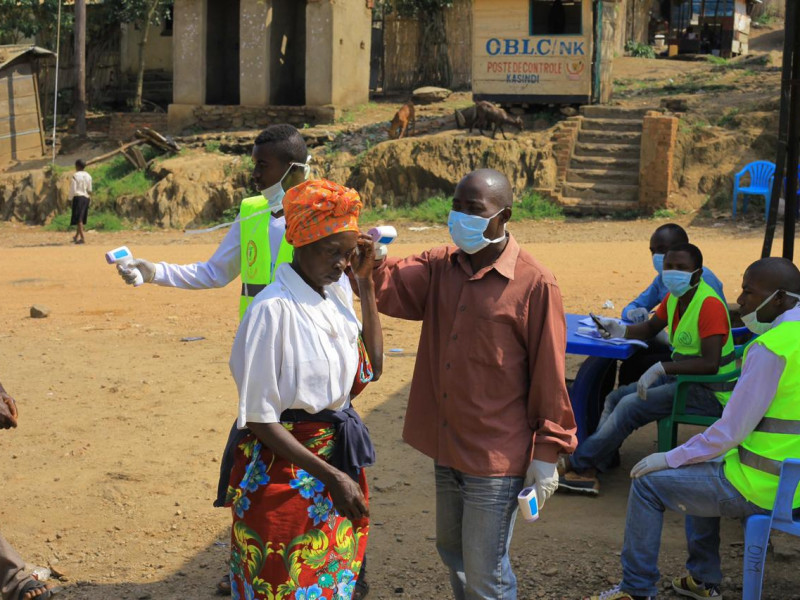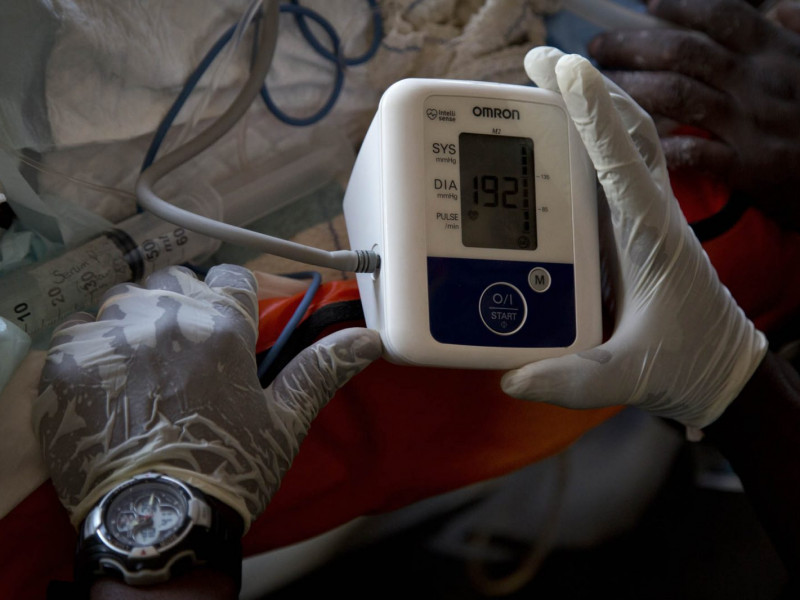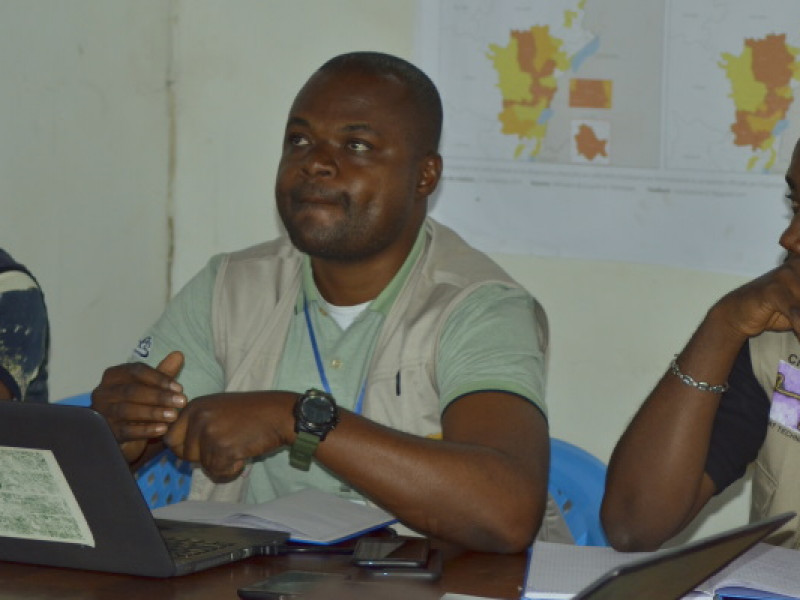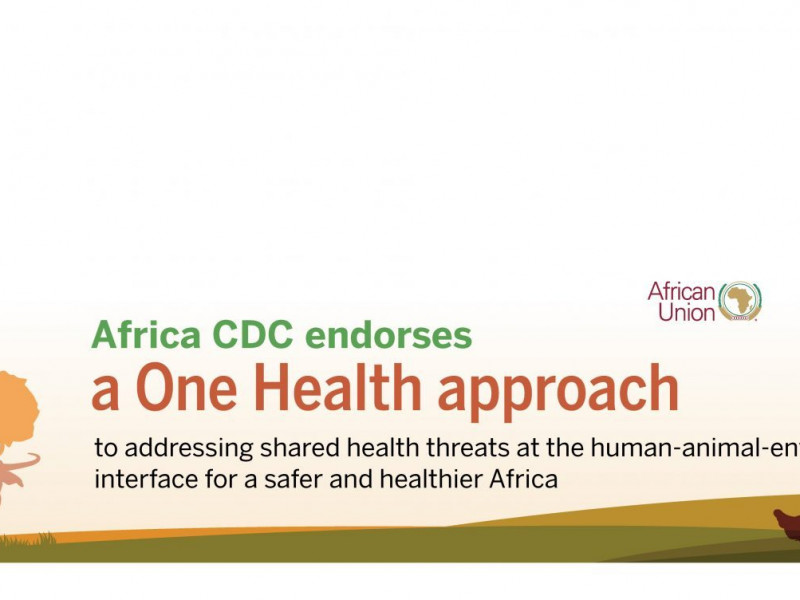Goal
Strengthened health-related surveillance systems for improved public health decision-making and action.
Strategic Objectives
- Establish event-based surveillance as an important mechanism for early warning, risk assessment, disease predictions, and response.
- Support establishment and strengthening of National Public Health Institutes to coordinate surveillance systems in a multi-sectoral approach and ensure that surveillance data informs national policy and public health actions.
- Strengthen implementation of the existing surveillance systems (such as Integrated Disease Surveillance and Response IDSR) within Member States and ensure linkages with the animal, agriculture and environmental sectors.
- Support countries to strengthen disease-specific surveillance systems for priority diseases (e.g. HIV and AIDS, tuberculosis, malaria, hepatitis and non-communicable diseases) appropriate for the African context.
- Facilitate and strengthen the Regional Collaborating Centres to promote inter-country and regional collaboration on surveillance, shared data use, and engagement with laboratory networks.
- Support enhanced Field Epidemiology Training Programme (FETP) to strengthen knowledge and competency in study design and statistical analysis of meta and demographic data.
- Assist Member States in developing a surveillance workforce that is sufficient to support national responsibilities, as well as continued development of tools that support strengthening of the workforce to support IDSR and the International Health Regulation (IHR) requirements.
Disease Information
Latest information on diseases from Africa CDC
Anthrax is a serious infectious disease caused by gram-positive, rod-shaped bacteria known as Bacillus anthracis. Anthrax can be found naturally in soil and commonly affects domestic and wild animals around the world. The spores of the bacteria can survive in the …
Avian influenza refers to the disease caused by infection with avian (bird) influenza (flu) Type A viruses. Three subtypes of avian influenza A viruses are known to infect people (H5, H7 and H9 viruses). Among these, Asian lineage H5N1 and …
Chikungunya is a viral disease transmitted to humans by infected mosquitoes. It was first introduced during an outbreak in southern Tanzania in 1952. The symptoms include abrupt onset of fever accompanied by muscle pain, headache, nausea, fatigue, rash, and severe …
Cholera is an acute diarrhoeal infection that can kill within hours, if left untreated. Cholera remains a global public health threat, causing between 1.3 million to 4.0 million cases, and 21,000 and 143,000 deaths worldwide every year. It is caused …
The 2019 novel coronavirus disease (COVID-19) is a communicable respiratory disease caused by a new strain of coronavirus that causes illness in humans. Scientists are still learning about the disease, and think that the virus began in animals. At some point, one or more humans …
The Crimean-Congo haemorrhagic fever (CCHF) virus causes severe viral hemorrhagic fever outbreaks. CCHF is endemic in Africa and has case fatality rate of 40%. The virus is primarily transmitted to people from ticks and livestock animals. Human-to-human transmission can occur …
Dengue is a mosquito-borne viral infection. The infection causes flu-like illness, and occasionally develops into a potentially lethal complication called severe dengue. The global incidence of dengue has grown dramatically in recent decades. About half of the world’s population is …
Ebola virus disease (EVD) is a severe, often fatal, illness originally transmitted to humans from wild animals (such as fruit bats, porcupines and non-human primates) and then transmitted from human to human through direct contact with the blood, secretions, organs …
Hepatitis B is a potentially life-threatening liver infection caused by the hepatitis B virus (HBV). It is a major global health problem. It can cause chronic infection and puts people at high risk of death from cirrhosis and liver cancer. …
Hepatitis C is a liver disease caused by the hepatitis C virus: the virus can cause both acute and chronic hepatitis infection, ranging in severity from a mild illness lasting a few weeks to a serious, lifelong illness. A significant …
Hepatitis E is a liver infection caused by the virus HEV. Hepatitis E is common in regions with limited resources and limited access to safe drinking water and proper sanitation, hygiene, and health services. Every year there are 20 million …
The Human Immunodeficiency Virus (HIV) is a major global public health challenge that does not have a cure till now. Globally, thirty-five million lives has been affected by this virus. The WHO African region is the most affected region with …
Lassa Fever is an acute viral haemorrhagic illness that is endemic in some countries of West Africa. For example, Benin, Ghana, Guinea, Liberia, Mali, Sierra Leone, and Nigeria. The overall case-fatality rate of Lassa Fever is 1%. The number of …
Malaria is transmitted to Humans through infected mosquito bites. Although Malaria is preventable and curable, it can be a life-threatening condition. In 2016, there were an estimated 216 million cases of malaria in 91 countries with 445,00 deaths, an increase …
Marburg virus disease (MVD), formerly known as Marburg Hemorrhagic fever, is a severe, often fatal illness in humans. The Marburg virus is transmitted to people from fruit bats and spreads among humans through human-to-human transmission. It causes severe viral hemorrhagic …
Despite the fact that there is an effective vaccine for measles, Measles is still one of the leading causes of death among young children. Measles vaccination resulted in 84% drop in measles deaths between 2000 and 2016 worldwide. Measles is …
Meningococcal meningitis is a bacterial form of meningitis, a serious infection of the thin lining that surrounds the brain and spinal cord. Meningococcal meningitis is associated with high fatality (up to 50% when untreated). Meningococcal meningitis is observed worldwide but …
Coronaviruses are a large and diverse family of viruses that include viruses that are known to cause illness in humans (including the common cold) and animals. However, in 2012, the MERS (for “Middle East respiratory syndrome”) coronavirus (also known as …
Key Facts: Monkeypox is a rare, viral zoonotic disease that is caused by the monkeypox virusIt occurs primarily in tropical rainforest areas of central and west AfricaMonkeypox can spread in humans through close contact, often skin-to-skin contact, with an infected …
Plague is caused by the bacteria Yersinia pestis, a zoonotic bacterium usually found in small mammals and their fleas. There are two main clinical forms of plague infection: bubonic and pneumonic. Bubonic plague is the most common form and is …
Poliomyelitis (polio) is a highly infectious disease caused by a virus. Polio mainly affects children under 5 years of age. Cases due to wild poliovirus have decreased by over 99% since 1988, from an estimated 350 000 cases then, to …
Rift Valley Fever is transmitted to humans through contact with the blood or organs of infected animals, and through handling of animal tissue during slaughtering or butchering, assisting with animal births, conducting veterinary procedures, or from the disposal of carcasses …
Tuberculosis (TB) is the ninth leading cause of death worldwide and the first leading cause from a single infectious agent. TB is also the leading killer of HIV-positive people. In 2016, 10.4 million people fell ill with TB. Quarter of …
Yellow Fever is an acute viral hemorrhagic disease transmitted through infected mosquitoes. It was named yellow as it, sometimes, cause jaundice (yellow skin and eyes) to the infected people. Thirty-four African countries are endemic to yellow fever. The incubation period …
Zika virus is transmitted primarily by Aedes mosquitoes during the day in tropical and subtropical regions. An increased risk of neurologic complications is associated with Zika virus infection in adults and children, including Guillain-Barré syndrome, neuropathy and myelitis. Outbreaks of …



